The Best Companion Plants For Malabar Spinach
The Best Companion Plants for Malabar Spinach
Malabar spinach is a tropical vine that is grown for its edible leaves. It is a fast-growing plant that can reach heights of up to 10 feet. Malabar spinach is a heat-loving plant and does best in full sun. It is also a relatively drought-tolerant plant.
One of the best things about Malabar spinach is that it is a companion plant. This means that it can be planted near other plants to benefit both plants. There are a number of different companion plants that can be grown with Malabar spinach.
Benefits of Companion Planting
There are a number of benefits to companion planting. Companion plants can help to:
- Attract pollinators
- Repel pests
- Improve soil health
- Increase crop productivity
Companion Plants for Malabar Spinach
Some of the best companion plants for Malabar spinach include:
- Asparagus: Asparagus is a heavy feeder and can help to improve the soil for Malabar spinach. Asparagus also helps to repel asparagus beetles, which can be a problem for Malabar spinach.

- Brassicas: Brassicas, such as broccoli, cabbage, and kale, help to repel aphids, which can be a problem for Malabar spinach. Brassicas also help to improve the soil for Malabar spinach.

- Eggplant: Eggplant is a heat-loving plant that can benefit from the shade that Malabar spinach provides. Eggplant also helps to repel whiteflies, which can be a problem for Malabar spinach.
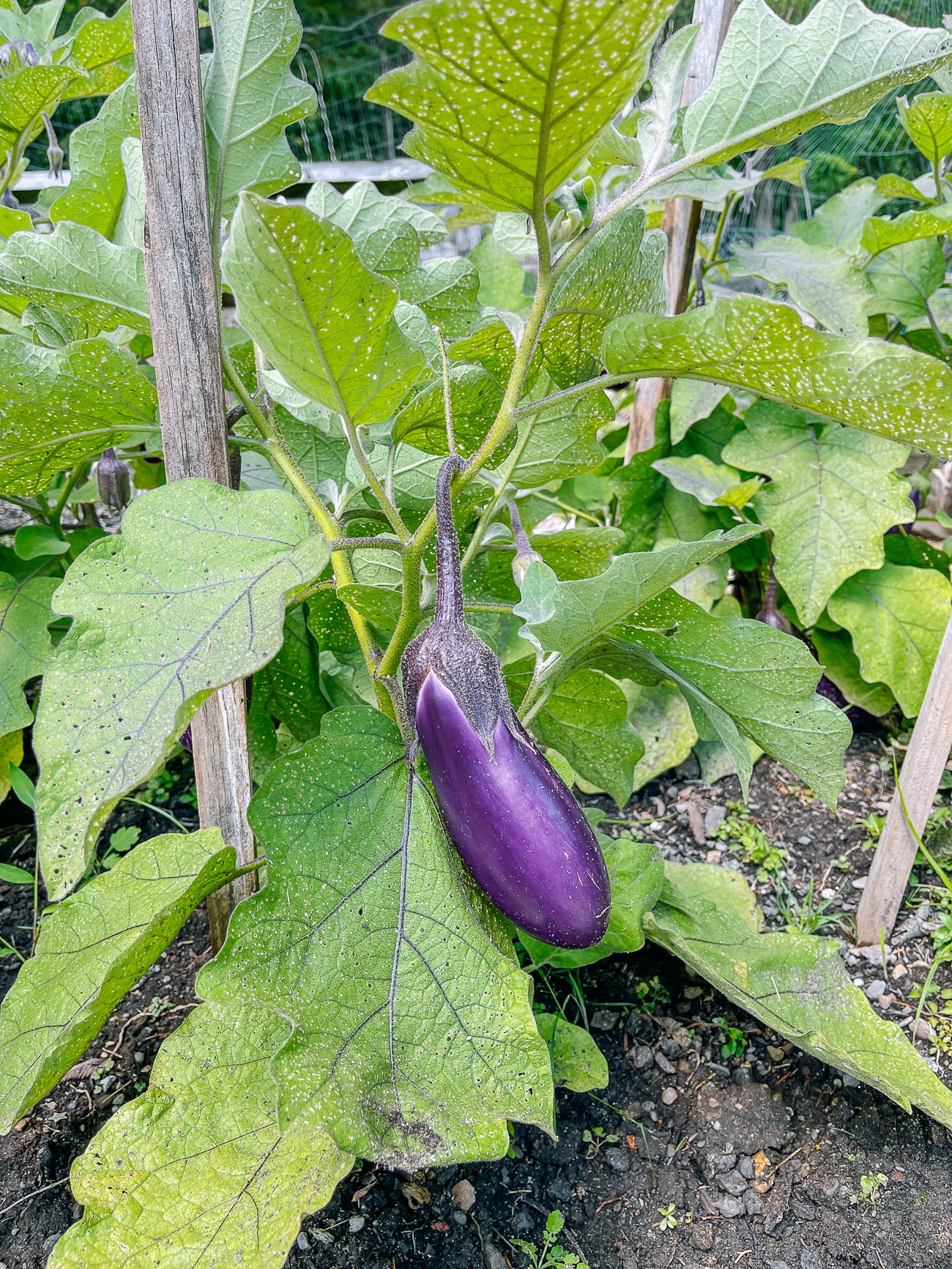
- Leeks: Leeks help to repel aphids, which can be a problem for Malabar spinach. Leeks also help to improve the soil for Malabar spinach.
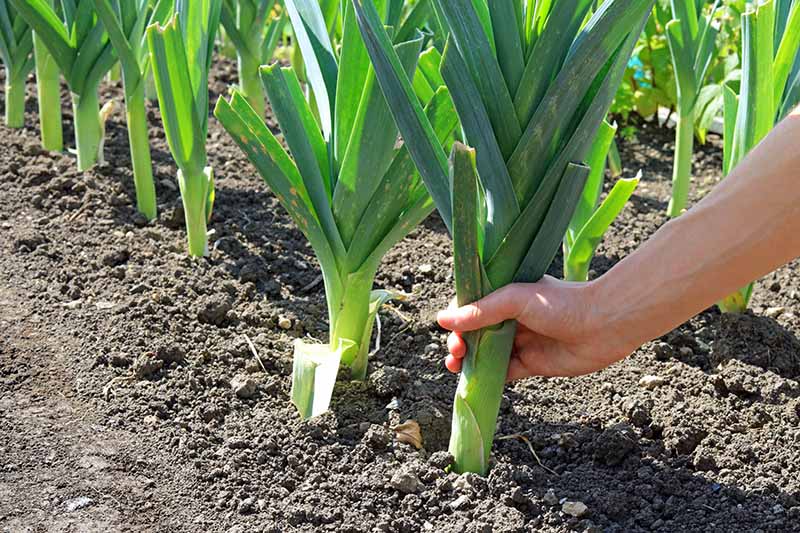
- Lettuce: Lettuce can tolerate some shade, which can make it a good companion plant for Malabar spinach. Lettuce also helps to attract pollinators, which can benefit Malabar spinach.
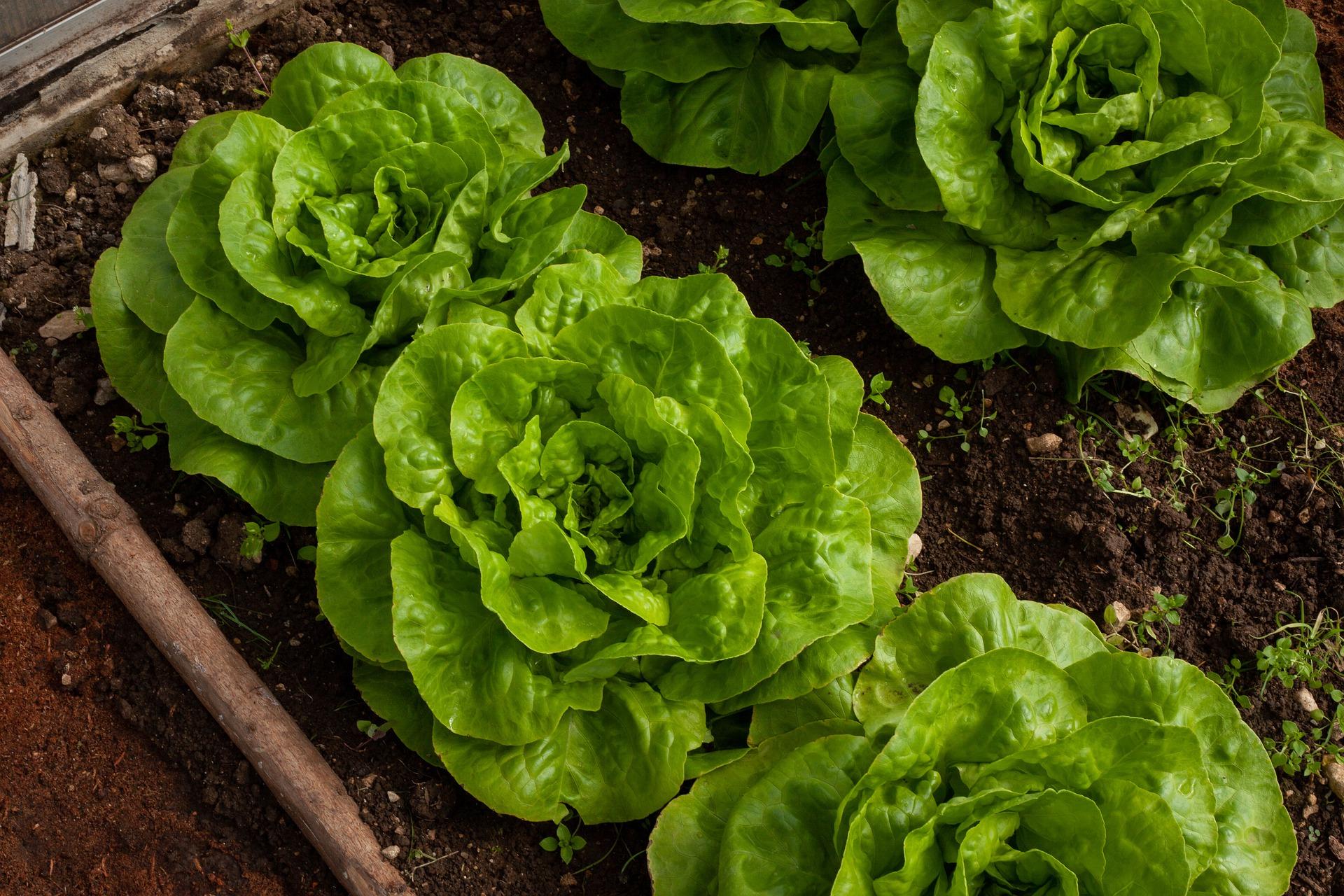
- Peas: Peas help to improve the soil for Malabar spinach. They also help to repel aphids, which can be a problem for Malabar spinach.
- Radishes: Radishes help to repel aphids, which can be a problem for Malabar spinach. Radishes also help to improve the soil for Malabar spinach.
- Strawberries: Strawberries benefit from the shade that Malabar spinach provides. Malabar spinach also helps to repel slugs and snails, which can be a problem for strawberries.
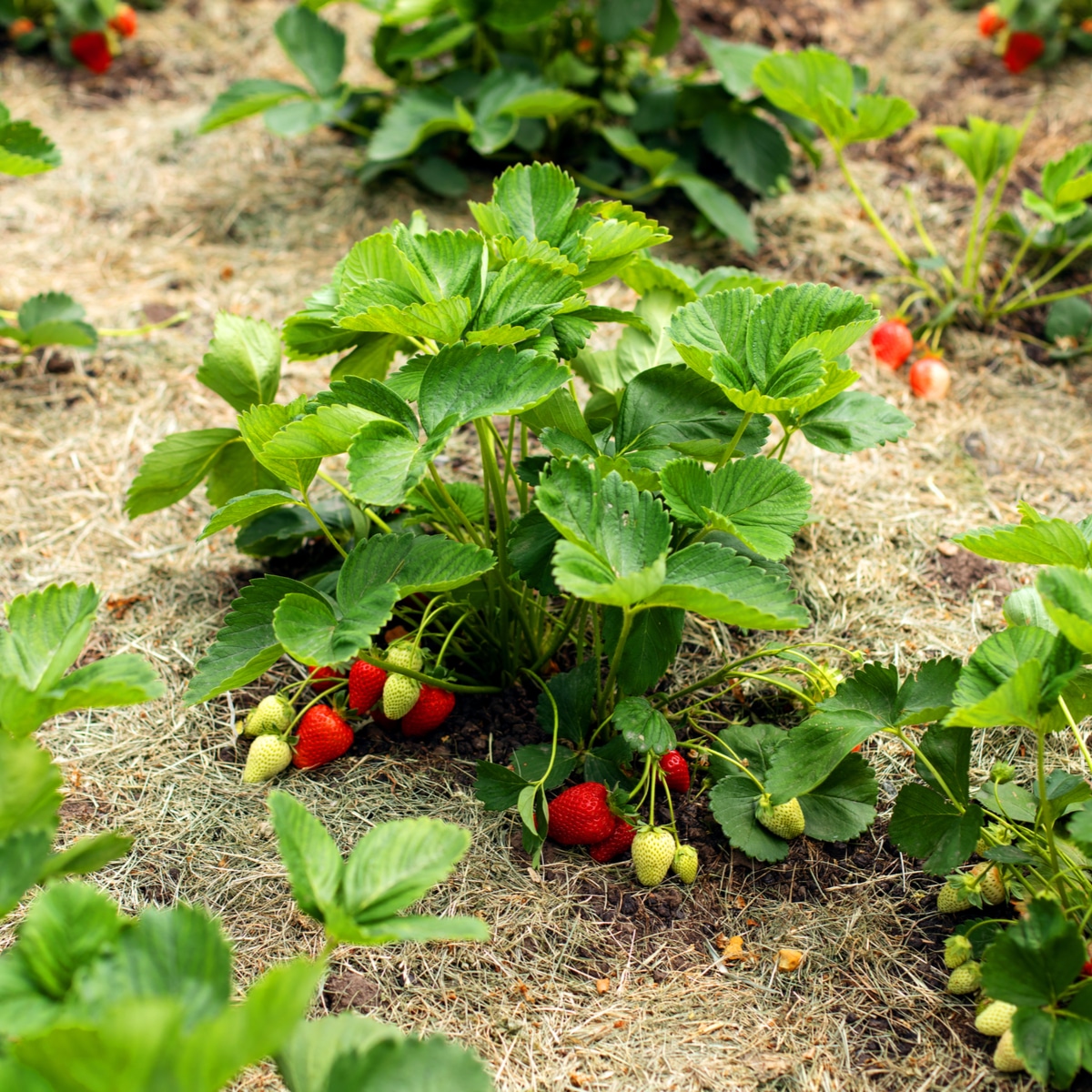
Planting Malabar Spinach with Companion Plants
When planting Malabar spinach with companion plants, it is important to consider the size and growth habit of each plant. For example, you would not want to plant Malabar spinach next to a plant that is very tall, as the Malabar spinach would not be able to get enough sunlight.
It is also important to consider the spacing requirements of each plant. Malabar spinach needs plenty of space to grow, so you will need to leave plenty of room between plants.
Conclusion
Malabar spinach is a versatile plant that can be grown with a variety of companion plants. By planting Malabar spinach with companion plants, you can help to improve the health and productivity of your garden.
Malabar spinach is a versatile and delicious vegetable that can be grown in a variety of climates. It is also a great companion plant for many other vegetables, as it can help to attract pollinators, deter pests, and improve the overall health of your garden.
Some of the best companion plants for malabar spinach include:
- Asparagus: Asparagus is a heavy feeder, and malabar spinach can help to improve the soil quality around it.
- Brassicas: Brassicas, such as broccoli, cabbage, and kale, can benefit from the pest-repelling qualities of malabar spinach.
- Eggplant: Eggplant is a warm-season crop that can benefit from the shade provided by malabar spinach.
- Leeks: Leeks and malabar spinach can help to suppress weeds in your garden.
- Lettuce: Lettuce and malabar spinach are both cool-season crops that can be planted together.
- Peas: Peas are nitrogen-fixing plants, and they can help to improve the soil quality for malabar spinach.
- Radishes: Radishes and malabar spinach can help to deter pests, such as aphids and cabbage moths.
- Strawberries: Strawberries and malabar spinach can help to improve the flavor of each other's fruits.
For more information about malabar spinach companion plants, please visit Gardenia Inspiration.
FAQ of malabar spinach companion plants
Question 1: What are good companion plants for malabar spinach?
Answer: Malabar spinach is a relatively undemanding plant, but there are a few companion plants that can help it thrive. Some good options include:
- Basil: Basil helps to repel pests from malabar spinach, and it also adds flavor to the leaves.
- Cucumbers: Cucumbers and malabar spinach both like warm, humid conditions, so they can be planted together. Cucumbers also help to shade the roots of malabar spinach, which can help to prevent them from drying out.
- Lettuce: Lettuce and malabar spinach can be planted together in a mixed salad bed. Lettuce helps to suppress weeds, and it also provides a nice contrast of texture and flavor to the leaves of malabar spinach.
- Peas: Peas and malabar spinach can be planted together as a succession crop. Peas mature quickly, so they can be harvested and then malabar spinach can be planted in their place.
- Tomatoes: Tomatoes and malabar spinach can be planted together, but it is important to plant them far enough apart so that the leaves of the two plants do not touch. This will help to prevent the spread of diseases.
Question 2: What are bad companion plants for malabar spinach?
Answer: There are a few companion plants that should be avoided when planting malabar spinach. These include:
- Beans: Beans can compete with malabar spinach for nutrients, so it is best to avoid planting them together.
- Carrots: Carrots and malabar spinach can both attract the same pests, so it is best to avoid planting them together.
- Herbs: Some herbs, such as mint and oregano, can be aggressive and crowd out malabar spinach. It is best to avoid planting these herbs near malabar spinach.
- Potatoes: Potatoes and malabar spinach can both attract the same pests, so it is best to avoid planting them together.
- Spinach: Spinach and malabar spinach are both members of the same family, so they can compete with each other for nutrients. It is best to avoid planting them together.
Question 3: How far apart should malabar spinach plants be planted?
Answer: Malabar spinach plants should be planted about 18 inches apart. This will give them enough room to grow and spread.
Question 4: How much sunlight do malabar spinach plants need?
Answer: Malabar spinach plants need full sun to partial shade. They will do best in a location that receives at least 6 hours of direct sunlight per day.
Question 5: How much water do malabar spinach plants need?
Answer: Malabar spinach plants need regular watering, but they should not be overwatered. The soil should be kept moist, but not soggy.
Image of malabar spinach companion plants
5 different images of Malabar spinach companion plants from Pinterest:
- Brassicas: Malabar spinach is a good companion for brassicas, such as broccoli, cabbage, and cauliflower. These plants help to deter pests and diseases, and they also benefit from the shade that Malabar spinach provides.
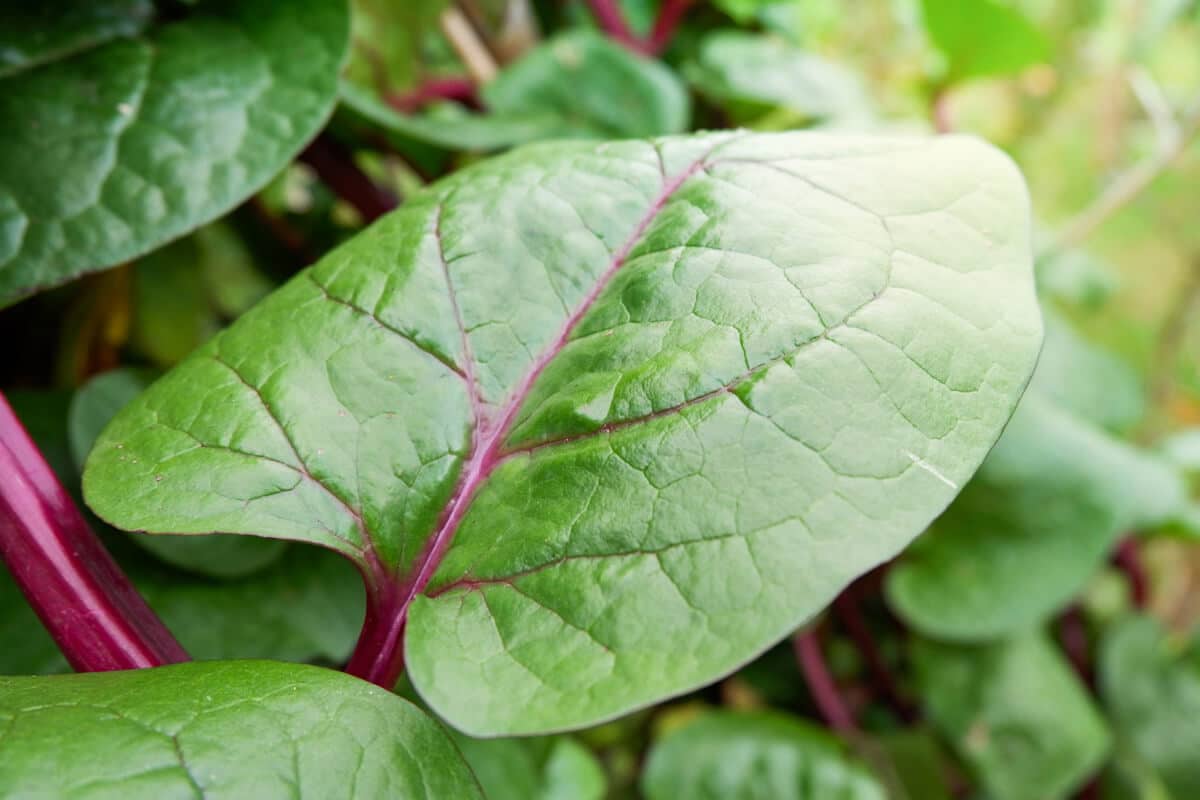
- Eggplant: Malabar spinach is also a good companion for eggplant. These plants help to attract pollinators, and they also help to suppress weeds.

- Leeks: Leeks are another good companion for Malabar spinach. These plants help to repel pests, and they also help to improve the flavor of Malabar spinach.

- Lettuce: Lettuce is a good companion for Malabar spinach because it helps to suppress weeds. Lettuce also benefits from the shade that Malabar spinach provides.
- Peas: Peas are a good companion for Malabar spinach because they help to fix nitrogen in the soil. This benefits both plants, as nitrogen is an essential nutrient for plant growth.

Post a Comment for "The Best Companion Plants For Malabar Spinach"